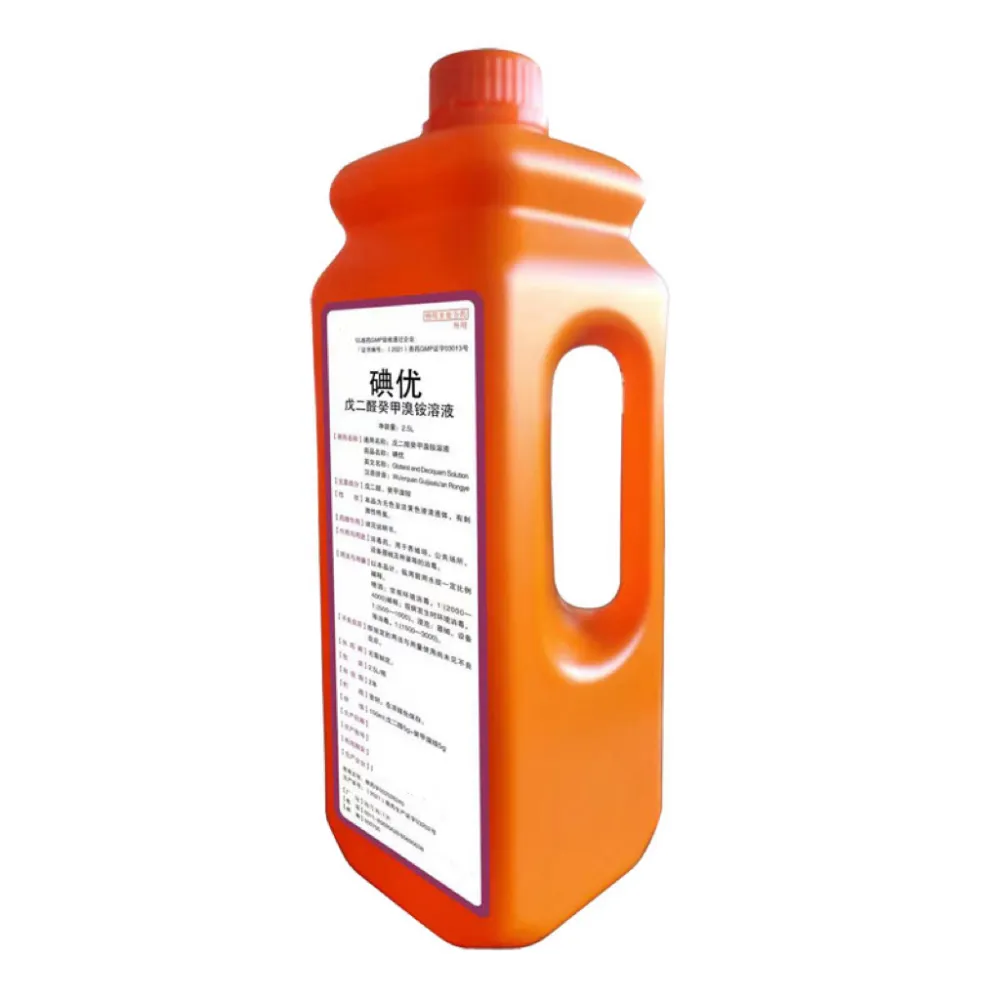- Afrikaans
- Albanian
- Amharic
- Arabic
- Armenian
- Azerbaijani
- Basque
- Belarusian
- Bengali
- Bosnian
- Bulgarian
- Catalan
- Cebuano
- Corsican
- Croatian
- Czech
- Danish
- Dutch
- English
- Esperanto
- Estonian
- Finnish
- French
- Frisian
- Galician
- Georgian
- German
- Greek
- Gujarati
- Haitian Creole
- hausa
- hawaiian
- Hebrew
- Hindi
- Miao
- Hungarian
- Icelandic
- igbo
- Indonesian
- irish
- Italian
- Japanese
- Javanese
- Kannada
- kazakh
- Khmer
- Rwandese
- Korean
- Kurdish
- Kyrgyz
- Lao
- Latin
- Latvian
- Lithuanian
- Luxembourgish
- Macedonian
- Malgashi
- Malay
- Malayalam
- Maltese
- Maori
- Marathi
- Mongolian
- Myanmar
- Nepali
- Norwegian
- Norwegian
- Occitan
- Pashto
- Persian
- Polish
- Portuguese
- Punjabi
- Romanian
- Russian
- Samoan
- Scottish Gaelic
- Serbian
- Sesotho
- Shona
- Sindhi
- Sinhala
- Slovak
- Slovenian
- Somali
- Spanish
- Sundanese
- Swahili
- Swedish
- Tagalog
- Tajik
- Tamil
- Tatar
- Telugu
- Thai
- Turkish
- Turkmen
- Ukrainian
- Urdu
- Uighur
- Uzbek
- Vietnamese
- Welsh
- Bantu
- Yiddish
- Yoruba
- Zulu
8 月 . 19, 2024 16:48 Back to list
Buparvaquone Injection for Veterinary Use in Treating Parasitic Infections in Animals
Buparvaquone Injection in Veterinary Medicine
Buparvaquone is an antiprotozoal drug primarily used for the treatment of various parasitic infections in veterinary medicine. This medication has gained prominence for its efficacy against protozoal infections, particularly those caused by Theileria species, which are known to cause significant health issues in livestock such as cattle, sheep, and goats.
Mechanism of Action
Buparvaquone works by disrupting the electron transport chain in the mitochondria of protozoa, leading to the inhibition of their energy production. By targeting this vital cellular process, Buparvaquone effectively reduces the viability of the parasites, contributing to a better health outcome for infected animals. The specificity and targeted action of Buparvaquone have made it a valuable therapeutic option in veterinary practice, especially in regions where protozoal diseases are endemic.
Indications for Use
The primary indication for Buparvaquone injection is the treatment of Theileriosis, a disease caused by Theileria parasites that are transmitted by ticks. Theileriosis can result in severe clinical signs in affected animals, including fever, anemia, and in some cases, death if left untreated. Buparvaquone is particularly useful in managing acute cases, providing rapid relief from the symptoms and aiding in recovery. Additionally, Buparvaquone has been investigated for its potential efficacy against other protozoal infections, making it a versatile agent in the veterinary pharmacopeia.
Administration and Dosage
buparvaquone injection veterinary

Buparvaquone is administered via injection, typically intramuscularly or intravenously, depending on the condition being treated and the severity of the infection. It is crucial for veterinarians to adhere to the prescribed dosages based on the weight and species of the animal to ensure effective treatment while minimizing the risk of adverse effects. The safety profile of Buparvaquone has been evaluated in various studies, indicating that it is well-tolerated in the majority of cases when used appropriately.
Benefits and Considerations
One of the key benefits of using Buparvaquone in veterinary medicine is its rapid action against harmful protozoa, allowing for quick symptomatic relief in livestock. This rapid response can be crucial in preventing the spread of disease within herds, thereby reducing economic losses for farmers and maintaining animal welfare. Furthermore, Buparvaquone’s effectiveness in treating otherwise challenging infections makes it an essential part of a veterinarian's toolkit.
However, veterinarians must also be aware of the potential side effects associated with Buparvaquone. While generally well tolerated, some animals may experience mild reactions at the injection site, allergic responses, or gastrointestinal disturbances. Monitoring after administration is advised to detect any adverse reactions early. Additionally, farmers and animal caretakers should be educated on the importance of following veterinary advice regarding dosage and treatment duration to ensure optimal outcomes.
Conclusion
Buparvaquone injection represents a significant advancement in the management of protozoal diseases in veterinary medicine. Its targeted action against parasites, particularly Theileria, positions it as a critical therapeutic option for veterinarians combating these infections. As the field of veterinary pharmacology continues to evolve, Buparvaquone stands out as a valuable asset in the fight against parasitic diseases, ensuring better health for livestock and supporting the agricultural economy. With proper administration and monitoring, Buparvaquone can drastically improve recovery rates and contribute to the longevity and productivity of affected animals.
-
The Power of Radix Isatidis Extract for Your Health and Wellness
NewsOct.29,2024
-
Neomycin Sulfate Soluble Powder: A Versatile Solution for Pet Health
NewsOct.29,2024
-
Lincomycin Hydrochloride Soluble Powder – The Essential Solution
NewsOct.29,2024
-
Garamycin Gentamicin Sulfate for Effective Infection Control
NewsOct.29,2024
-
Doxycycline Hyclate Soluble Powder: Your Antibiotic Needs
NewsOct.29,2024
-
Tilmicosin Premix: The Ultimate Solution for Poultry Health
NewsOct.29,2024













